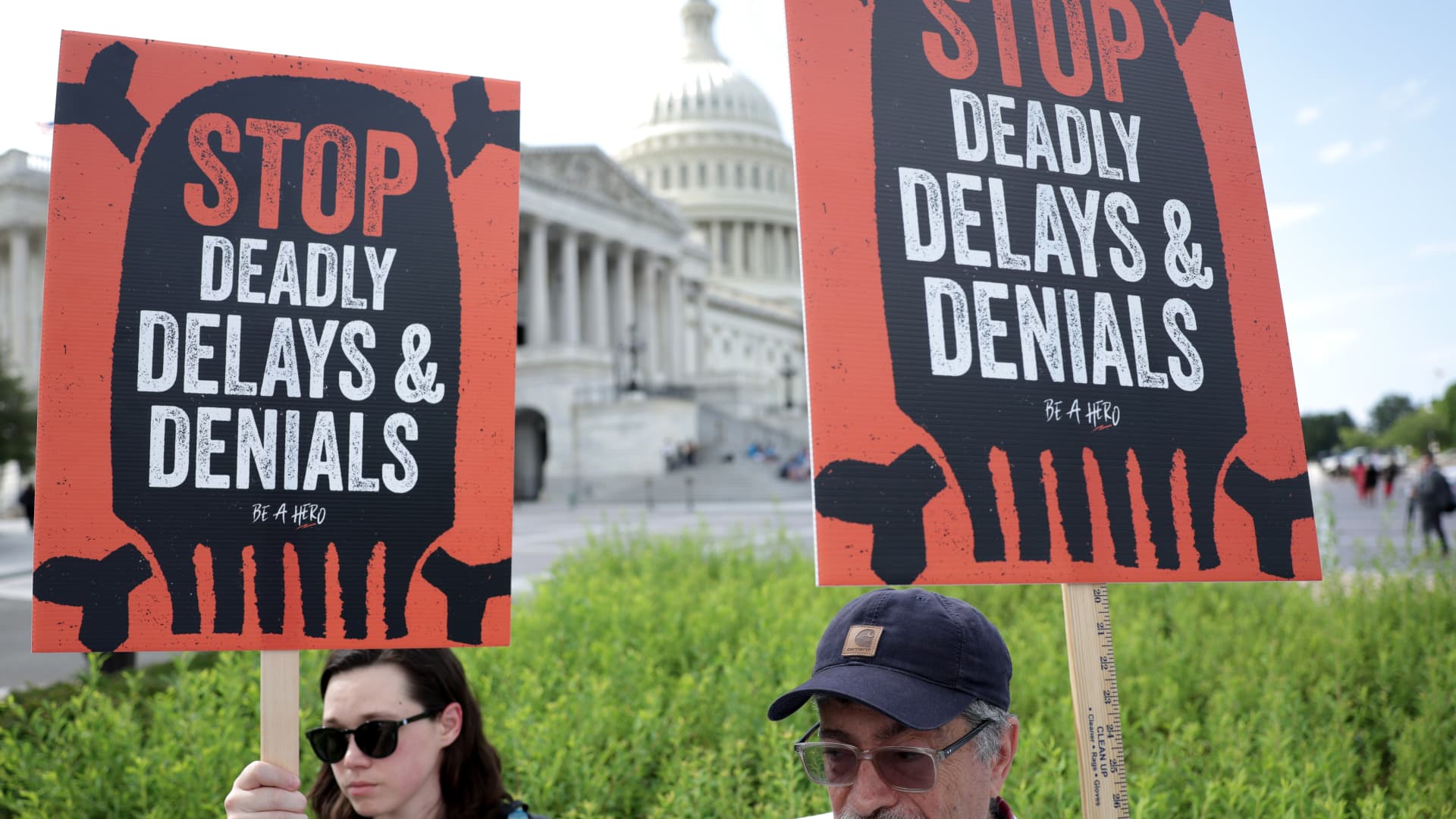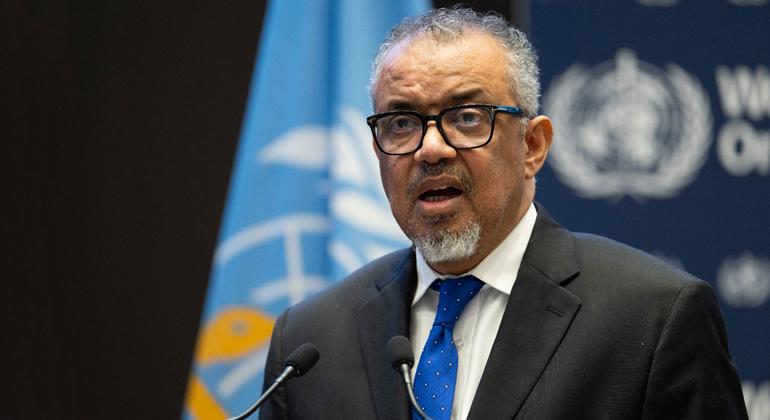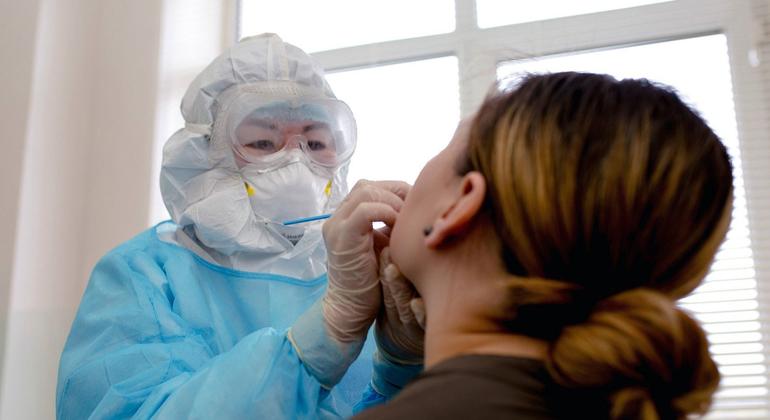These restrictive laws have forced many women to carry unwanted pregnancies to term, travel abroad for legal abortions or seek unsafe private procedures, according to information from the UN human rights office (OHCHR).
The UN Committee on the Elimination of Discrimination against Women (CEDAW) report, released on Monday, found that most abortions in Poland are carried out illegally and in unsafe conditions, as it is illegal to assist women in obtaining abortions, with minimal legal exceptions, and services are often inaccessible.
CEDAW members are appointed by the United Nations Human Rights Council in Geneva.
Committee Vice-President Genoveva Tisheva said: “The situation in Poland constitutes gender-based violence against women and may reach the level of torture or cruel, inhuman or degrading treatment..”
Restricted rights
Two years ago, Ms Tisheva visited Poland to conduct a confidential investigation into women's rights violations following complaints from civil society organisations.
The CEDAW committee found that Poland’s “already restrictive legal framework” had some “serious implementation failures,” including doctors hesitating to perform abortions for fear of criminal liability or on moral or religious grounds, making it difficult for women to access safe abortion services.
The committee highlighted the significant challenges women face in accessing abortion services, especially when pregnancies are the result of criminal activity, due to a “complex and victim-unfriendly bureaucratic process.” These challenges are further exacerbated by strong anti-abortion lobby groups, threats and stigmatization of those providing assistance.
“Together, these factors create a complex, hostile and frightening environment in which access to safe abortion is stigmatized and virtually impossible,” Tisheva said.
Conclusion and recommendations
The CEDAW Committee concluded that restrictive abortion laws in Poland endanger women's health and lives and cause mental and physical suffering, which constitutes a gender-based violation against women.
These restrictive laws can also be considered “torture or cruel, inhuman and degrading treatment.”
Vice President Tisheva said: “Women’s mental anguish was exacerbated when they were forced to carry a non-viable fetus to term, a situation that has worsened since a 2020 Constitutional Court ruling banned abortion even in cases of fatal foetal abnormalities.”
This ruling reportedly made abortion illegal except in cases where the life of the pregnant woman might be in danger or in cases of sexual assault.
Some of CEDAW’s recommendations to Poland include recognizing abortion as a fundamental human right and adopting a human rights-based approach to sexual and reproductive health in general, in particular through legal reforms “towards the full decriminalization and legalization of abortion,” according to the press release issued by the UN human rights office, OHCHR.












